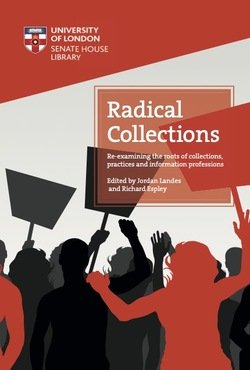By Antonio Pigliaru
Prefazione:” Poco prima di morire, nel marzo 1969, a 46 anni, Antonio P-i gliaru aveva steso uno schematico «programma » per la pubblicazione di tutti i suoi scritti, editi ed inediti. In esso era compreso un volume dal titolo «Il banditismo in Sardegna», in cui sarebbero dovuti confluire, insieme, lo studio su «La vendetta barbaricina come ordinamento giuridico», pubbli- cato presso Giuffrè nel 1959, e gli scritti più interessanti fra quelli che, prima e dopo quell'anno, Pigliaru aveva dedicato al pro- blema della criminalità in Sardegna: scritti che, pur apparsi su riviste scientifiche non direttamente legate all'attualità, erano pu- re quelli nei quali veniva razionalizzata e resa più coerente alle ragioni di una metodologia autentica quella stessa scottante ma- teria di cronaca, in cui Pigliaru si trovava così spesso coinvolto nel suo esercizio di intellettuale impegnato direttamente e totalmente sui temi di fondo della condizione isolana…”
Varese. Giuffrè Editore. 1970. 477p.





















